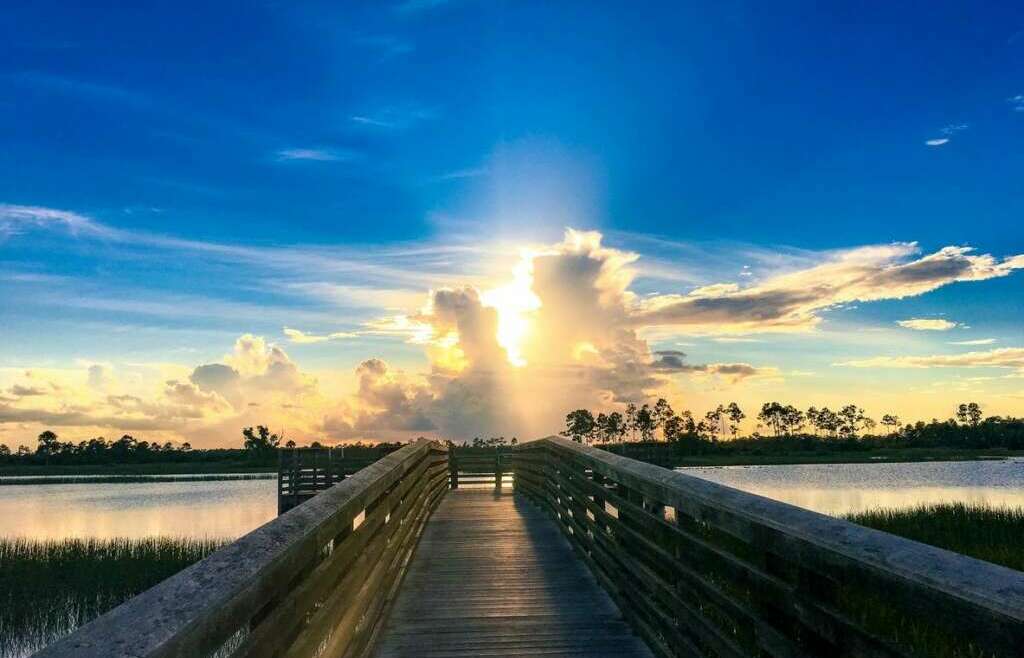
With ideas of tearing down the house that currently exists on her land in Westerly and building a new, larger home, a client recently wanted to know “the deal” on building plan approval. For example, in R.I., there is a good chance you live in a coastal community. This is because we’re a small state with lots of coastline. For coastal projects, you’ll need several approvals from the state, through the Coastal Resources Management Council (CRMC), and the city or town in which you want to build.
CRMC must give approval for any construction in the coastal zone. Sheds, houses, businesses, etc., are all construction, and you must have a building plan approval from CRMC for these coastal projects. As a result, a CRMC approval benefits the landowner in the long run. Adding value to your property is useless if it doesn’t account for the potential losses due to sea-level rise and the changing climate. Construction approval is also needed from the municipality, and the requirements vary among the different cities and towns.
The State’s Action
This year in the Rhode Island General Assembly, a new law requires all city and town planning board members to attend (biannually) flood plain development/sea-level rise trainings. Previously, a state commission found that policymakers at the municipal and state levels do not fully understand the threats that these issues pose to our coastal communities.
ecoRI News just a few days ago posted an article about this state response. They asked all of the municipalities about their plans for addressing sea level rise issues. Seventeen municipalities responded within the week. Of them, only a very small number had taken serious steps regarding sea level rise risks beyond having their planning board members attend the training. Clearly, sea level rise is a factor that everyone needs to consider.
The State’s Plan
Change occurred at the state level even before this. CRMC’s Shoreline Change Special Area Management Plan, or Beach SAMP, was approved in 2018. The Beach SAMP requires coastal developers to think about the potential future impacts of climate change and sea-level rise. It also acknowledge/address those impacts in their construction permit applications for building plan approval along the shoreline. Anyone looking to develop in the state’s coastal zone must adhere to the Beach SAMP.
CRMC is “one of the first coastal regulatory agencies in the U.S. to establish permit requirements addressing future risk from storm surge, coastal erosion, and projected sea-level rise.” Coastal Resources Management Council, Beach SAMP “Executive Summary,” 2 (2018), available at http://www.beachsamp.org/wp-content/uploads/2019/02/RI-Shoreline-Change-Special-Area-Management-Plan.Singlepages.pdf. Also, the Beach SAMP also includes a lot of helpful maps!
Need Help With An Approval? Talk to an Attorney at Desautel Browning Law
Luckily for soon-to-be builders who may not understand these issues, we can help. Environmental/land use attorneys are ready to assist permit seekers through the building plan approval process. Sometimes, it’s difficult to track all the requirements. This can delay your plans. Clients benefit by developing a strategy alongside their attorney, from the outset. Developing a legal strategy to take these issues into account will help you to meet the municipal and state requirements.
Call us to discuss your plans to build in the state’s coastal areas at 401.477.0023.
